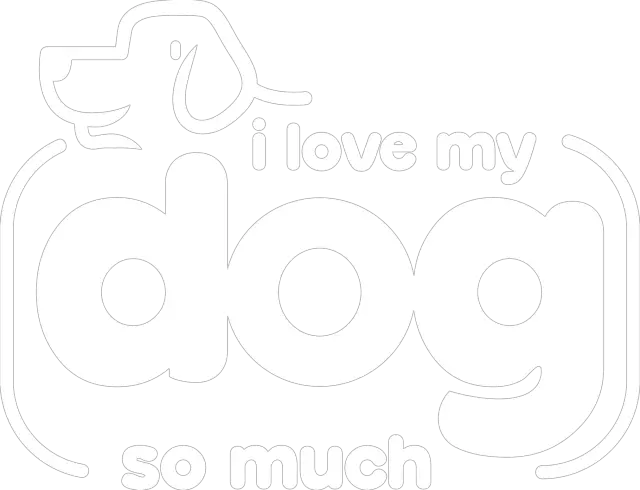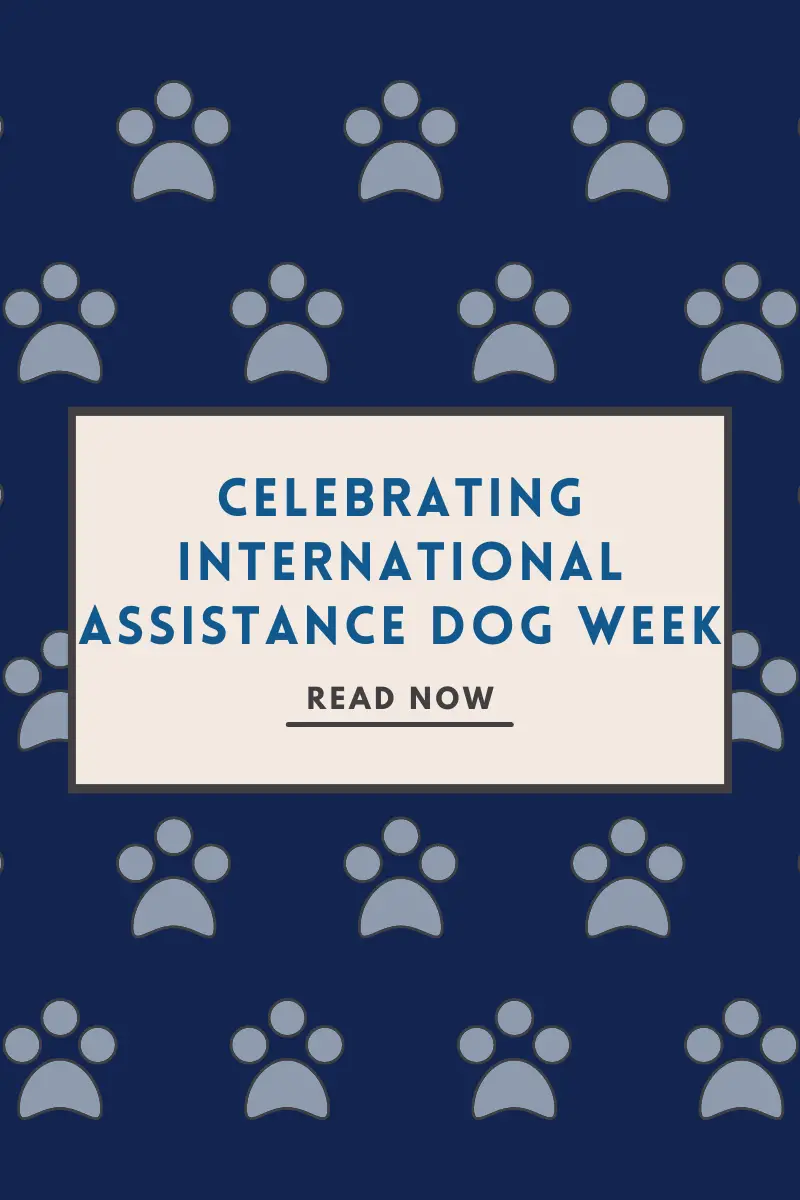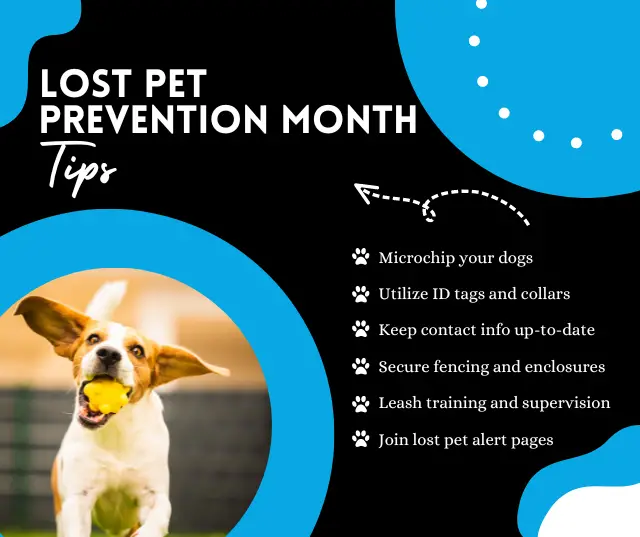Caring for an elderly dog and a young puppy are two very different tasks. While they both require love, attention, and care, the needs of each animal will vary greatly depending on their age and breed. It is important to understand the differences between caring for an elderly dog versus a young puppy in order to ensure that both animals receive the best possible care.
When caring for an elderly dog, it is important to recognize that their physical needs may be different than those of a younger pet. Older dogs may have difficulty with mobility due to arthritis or other age-related issues. This can lead to difficulty getting around and even difficulty eating or drinking if they cannot reach their food or water bowl. Additionally, older dogs may also suffer from cognitive decline which can lead to confusion or disorientation. As such, it is important to provide your elderly dog with a safe environment where they can feel secure and comfortable. This may include providing them with ramps or steps so that they can easily access furniture or beds as well as providing them with plenty of soft bedding and warm blankets.
It is also important to keep in mind that elderly dogs may require more frequent veterinary visits than younger pets due to their increased risk of developing health problems associated with aging. During these visits, your vet will be able to assess your pet’s overall health and make any necessary recommendations regarding diet, exercise, medications, supplements, etc., in order to maintain your pet’s quality of life into old age.
In contrast to caring for an elderly dog, caring for a young puppy requires a different approach altogether. Puppies are full of energy and enthusiasm which can sometimes be overwhelming! As such, it is important to provide them with plenty of opportunities for playtime and exercise in order to help them burn off some of this excess energy while also teaching them basic obedience commands such as sit, stay, come here etc., which will help you maintain control over them when needed. Additionally, puppies need lots of socialization in order to become well-adjusted adults so it is important to expose them early on (in a safe manner) to other people and animals in order for them learn how interact appropriately with others when out in public settings later on down the road.
Finally, when bringing home a new puppy it is essential that you introduce him/her slowly and carefully into your home if you already have an elderly dog living there as well. Constant contact between the two animals could lead conflict so it is best if you give each animal time apart from one another until they become more familiar with one another’s presence before allowing them too much interaction together all at once. Additionally, feeding times should be monitored closely as puppies tend to eat quickly while senior dogs may take longer so it is best if you feed each animal separately at first until they become more accustomed with one another’s presence around meal times without any issues arising between the two animals during this time period.
Overall caring for an elderly dog versus a young puppy requires different approaches but both animals deserve love and attention regardless of their age! It is important that you understand the unique needs associated with each animal in order ensure that both receive the best possible care throughout their lives together under your roof!









